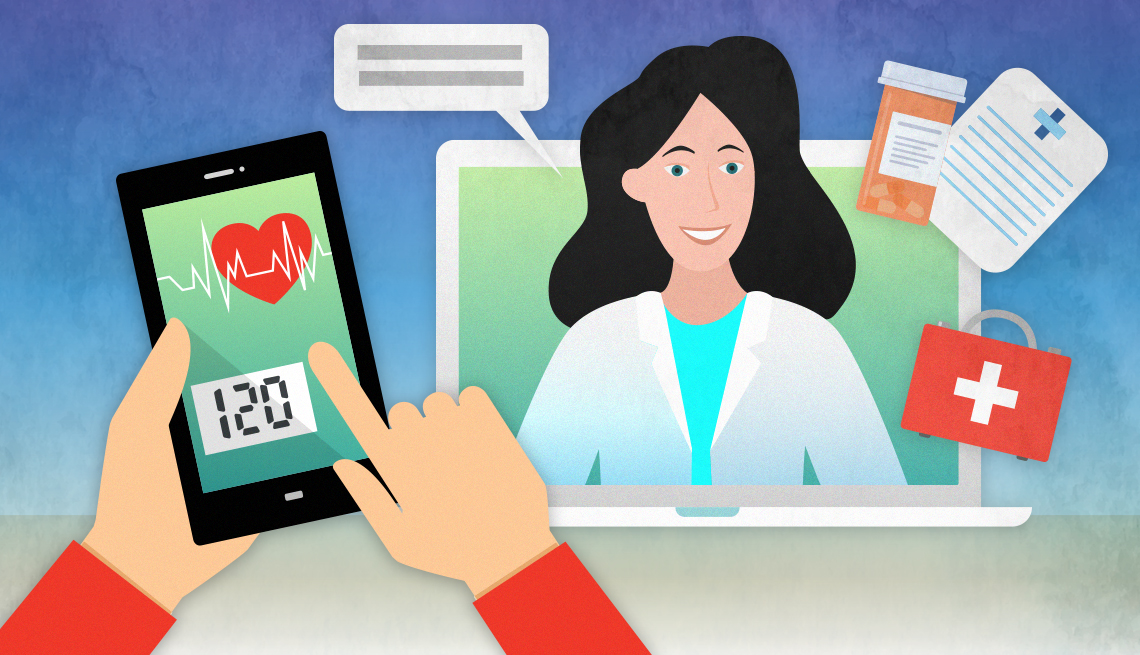Mobile medical services can significantly benefit rural communities by addressing several key challenges they face in accessing healthcare with DocGo. Here is how:
- Accessibility: Rural areas often lack adequate healthcare facilities and transportation infrastructure, making it difficult for residents to access medical care. DocGoMobile medical services bring healthcare directly to these communities, bridging the gap in accessibility. Mobile clinics equipped with medical professionals, diagnostic tools, and basic treatment capabilities can reach remote villages and provide essential healthcare services.
- Timely Intervention: In rural areas, delays in accessing medical care can lead to worsening health conditions and higher mortality rates. Mobile medical services offer timely intervention by providing immediate medical attention to those in need. Early detection of health issues, preventive care, and timely treatment can significantly improve health outcomes and reduce the burden on emergency medical services.

- Preventive Care and Health Education: Mobile medical units can offer preventive care services such as vaccinations, screenings, and health education programs. These initiatives help in raising awareness about prevalent health issues, promoting healthy lifestyles, and preventing the spread of diseases. By empowering individuals with knowledge about preventive measures, mobile medical services contribute to improving community health in the long run.
- Chronic Disease Management: Rural populations often suffer from a higher prevalence of chronic diseases due to limited access to healthcare and socio-economic factors. Mobile medical services can provide ongoing care and monitoring for individuals with chronic conditions such as diabetes, hypertension, and respiratory diseases. Regular check-ups, medication management, and lifestyle counseling offered through mobile clinics help in controlling chronic diseases and reducing complications.
- Emergency Response: During emergencies or natural disasters, rural communities face additional challenges in accessing medical assistance. Mobile medical units equipped with emergency response capabilities can swiftly respond to such situations, providing critical care, first aid, and evacuation support. These services play a crucial role in mitigating the impact of emergencies and saving lives in remote areas.

